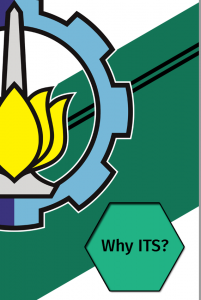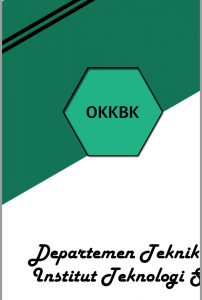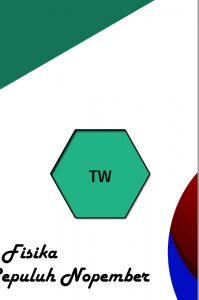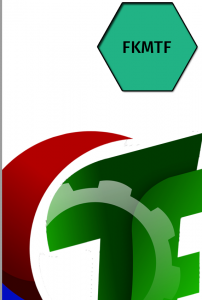The Engineering Physics Education is an engineering-based education combining engineering concepts and fundamental science of physics and mathematics to develop creative and innovative applications. Engineering Physics was invented to enhance multi-discipline science and technology development, which require engineers having strong theoretical science and practical engineering abilities.
Associated as the discipline that bridges the gap between basic science and engineering, Engineering Physics has a very broad spectrum of courses from the upstream to down, includes the concept of ideas as far as its applications. The curriculum covers core sciences, as mathematics, physics, chemistry, even statistics and electives from several engineering field (electrical, mechanical, material, chemical engineering). The alumni are expected to be able to solve technological problems and doing innovative work based on scientific method and analysis. Student of the Department of Engineering Physics, Institut Teknologi Sepuluh Nopember (ITS) was provided with research and development, as well as design and analysis of industrial systems, with specialization in: Instrumentation and Controls, Energy, Materials, Vibration and Acoustics, and Photonics.




